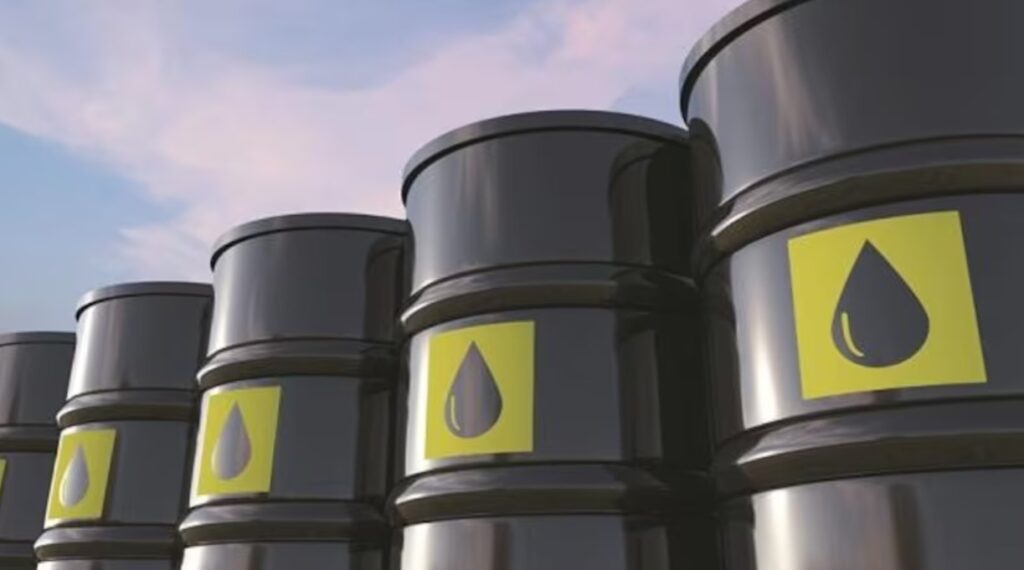Oil prices fell over 1% on Tuesday as sluggish Chinese economic data coupled with fears that Beijing’s unexpected cut in key policy rates was not sufficiently substantial to rejuvenate the country’s sputtering post-pandemic recovery. China is the world’s biggest oil importer and its economic performance has a significant impact on global oil demand.
According to official data, China’s industrial output and retail sales growth slowed further in July, intensifying pressure on the already faltering economy. Industrial output rose 6.4% year-on-year, down from 8.3% in June and below market expectations of 7.9%. Retail sales increased 8.5% year-on-year, down from 12.1% in June and below market expectations of 11.5%.

The data highlighted the challenges facing China’s economy, mainly from the property sector, which accounts for about a quarter of GDP and has been hit by tighter regulations and rising borrowing costs. The Delta variant of the coronavirus also poses a threat to the country’s recovery, as several regions have imposed lockdowns and travel restrictions to contain outbreaks.
China’s policy response
In response to the weakening economic momentum, China’s central bank lowered interest rates marginally on Tuesday, cutting the one-year loan prime rate (LPR) by 5 basis points to 3.85% and the five-year LPR by 5 basis points to 4.65%. The LPR is a benchmark for banks to price loans to customers.
However, analysts said the rate cut was too small to make a meaningful difference and more fiscal stimulus was needed to support growth. Barclays cut its forecast for China’s 2023 GDP growth to 4.5%, citing a faster-than-expected deterioration in the housing market. Goldman Sachs also lowered its forecast for China’s third-quarter GDP growth to 2.3% from 5.8%, citing the impact of the Delta variant.
Some market participants also expressed doubts about the effectiveness of China’s monetary policy easing, given the tight credit conditions and high debt levels in the economy. “The rate cut is symbolic and won’t help much to boost growth,” said Hao Zhou, senior economist at Commerzbank. “The problem is not the level of interest rates, but the availability of credit.”
Oil market reaction
Oil prices reacted negatively to China’s economic data and policy move, as traders worried about the outlook for oil demand in the second half of the year. Brent crude futures, the global benchmark for oil prices, fell $1.32, or 1.5%, to settle at $84.89 a barrel, while US West Texas Intermediate (WTI) crude futures dropped $1.52, or 1.8%, to $80.99 a barrel.
Oil prices have rallied over the past seven weeks, supported by supply cuts by OPEC+ and signs of strong demand recovery in some regions. However, both Brent and WTI have fallen for two consecutive sessions as the oil market takes a breath and reassesses the demand outlook amid rising Covid-19 cases and slowing economic activity in some key markets.
“When the oil market appears to be comfortable, it is often the case that China is the number one fire douser, throwing a wet blanket over those dreaming of prices north of $90,” said John Evans of oil broker PVM.
